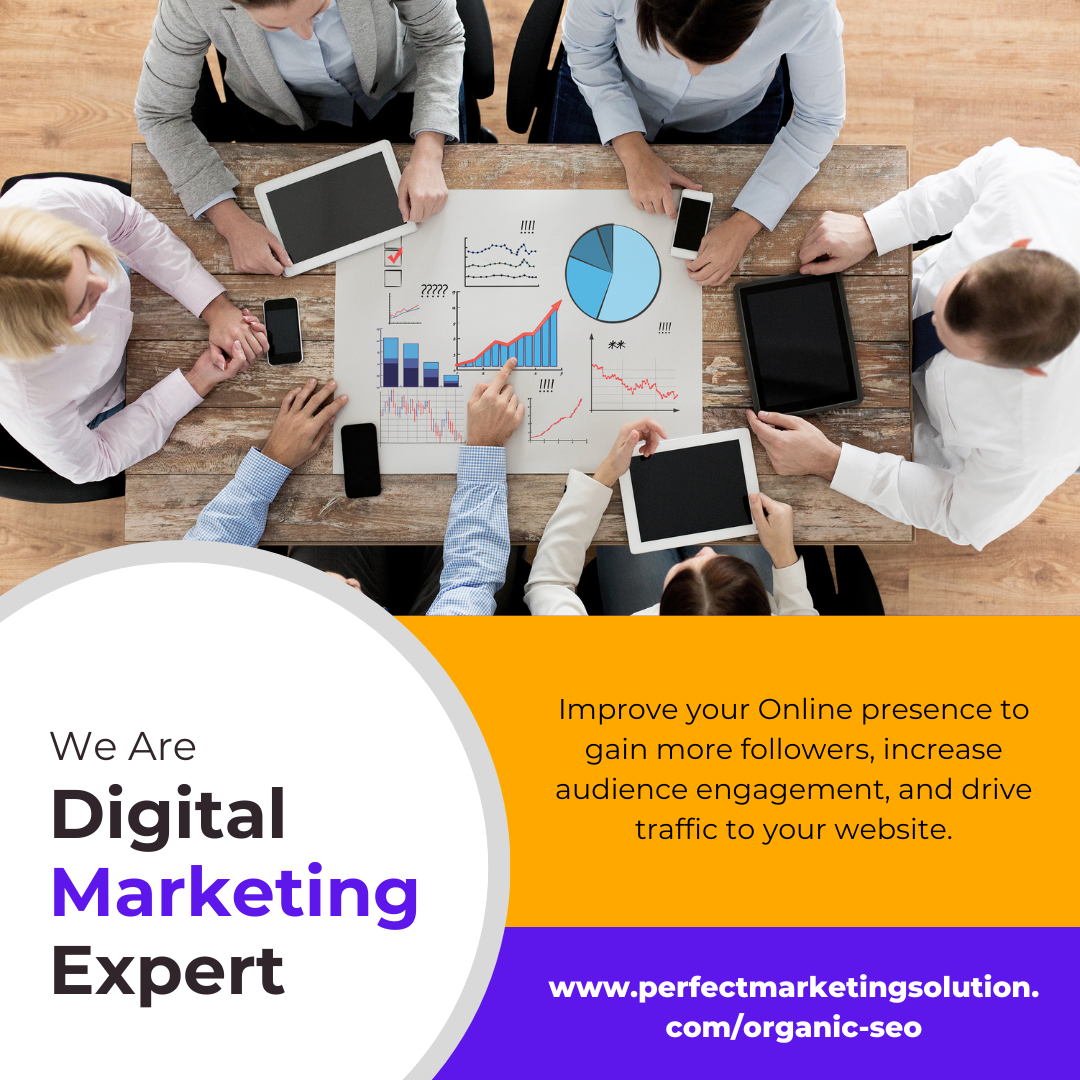Exploring Specific Sectors Affected by ChatGPT
1. The Creative Industry
Content Creation
Content writers and journalists might find AI tools like ChatGPT particularly influential. The AI's ability to generate drafts, suggest headlines, and even create full-length articles can speed up the writing process. However, human creativity and nuance remain vital for crafting compelling narratives and unique perspectives.
Marketing and Advertising
In marketing, AI can assist with ad copywriting, campaign ideas, and customer segmentation. ChatGPT can generate creative content for social media posts and advertisements, potentially optimizing engagement. Nonetheless, strategists will still need to tailor these insights to align with brand voice and market trends.
2. Customer Service
Automated Support
ChatGPT's role in automated customer support is a significant shift. AI can handle FAQs, troubleshoot common issues, and provide instant responses. While this can improve efficiency and customer satisfaction, it’s essential to balance AI automation with human oversight to handle complex or sensitive interactions.
Personalization
AI systems can analyze customer data to offer personalized recommendations and responses. This capability enhances customer experiences but requires businesses to ensure data privacy and security.
3. Education and Training
Tutoring and Assistance
In the education sector, AI can serve as a tutoring tool, providing students with additional resources and support outside traditional classroom settings. ChatGPT can assist with explaining concepts, answering questions, and offering practice problems.
Training Programs
For professionals, AI can be utilized in training programs to simulate scenarios, provide practice exercises, and offer feedback. This can make training more interactive and adaptive to individual needs.
Ethical Considerations and Challenges
Bias and Fairness
AI systems, including ChatGPT, can inadvertently reflect biases present in their training data. It's crucial for developers to address these biases to ensure fairness and inclusivity in AI-generated content. Ethical AI practices involve continuous monitoring and updating to mitigate any biases that might affect outcomes.
Job Displacement Concerns
The fear of job displacement due to AI is valid, especially in roles heavily reliant on routine tasks. However, addressing these concerns involves proactive measures, such as reskilling programs and job transition support for affected workers. Creating a robust support system can help ease the transition and highlight new opportunities within the evolving job market.
Future Outlook and Trends
AI and Human Collaboration
Rather than replacing jobs, AI is likely to collaborate with humans to enhance productivity and creativity. The future of work may involve humans and AI working together, leveraging each other's strengths to achieve greater outcomes.
Emerging Roles
New roles and fields are emerging in response to AI advancements. AI specialists, data scientists, and AI ethics consultants are becoming integral to the development and implementation of AI technologies. These roles focus on ensuring that AI systems are used responsibly and effectively.
How to Stay Ahead in the Age of AI
Continuous Learning
Staying informed about AI developments and continuously updating your skills are crucial strategies for staying ahead. Online courses, workshops, and industry conferences can provide valuable insights and training opportunities.
Networking and Collaboration
Building a network with other professionals in your field can provide support and open doors to new opportunities. Collaborating on projects and sharing knowledge can also foster innovation and growth.
Embracing Change
Being open to change and adapting to new technologies can enhance your career prospects. Embracing AI tools like ChatGPT can lead to more efficient workflows and open new avenues for creativity and problem-solving.
The integration of AI technologies such as ChatGPT into various sectors presents both challenges and opportunities. While there are valid concerns about job displacement, AI also offers significant potential for enhancing productivity and creating new roles. By understanding these dynamics and preparing for the changes, individuals and businesses can navigate the evolving landscape of work successfully.

















